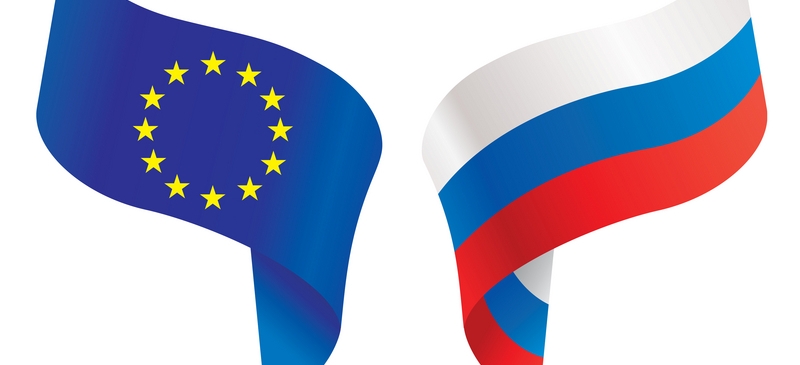
Russia and the West: Is the reset working?
There are signs that Russia is becoming less antagonistic towards the West and more inclined to work co-operatively with it. Some regard this change in behaviour as proof that the Obama administration's plan to 'reset' relations with Russia is working and that the EU's continuous efforts to engage Moscow are finally paying off. They should postpone judgement.
In Washington, policy-makers are convinced that US-Russia relations are on the right track. Presidents Obama and Medvedev have struck a deal to cut their nuclear arsenals. Russia is helping on the Iranian nuclear problem and now allows significant US supplies for Afghanistan to be flown over its territory. In Europe, too, Russia seems less threatening. Prime Minister Putin's sympathetic response to the plane crash that killed a swath of Polish leaders was skilful. Russia and Norway have settled a longstanding maritime border dispute.
In a leaked memo in May, Foreign Minister Lavrov argued that Russia needed good relations with Europe in order to make the technological leap from a petrostate to a modern, diverse economy. Many Europeans hope that Russia's painful economic recession in 2009 and the prospects of its gas exports facing rising competition from European shale gas will make it more willing to accept international rules on economics and energy.
The EU has responded by inviting Russia to join a 'partnership for modernisation' at their May summit. The idea is that by providing capital, technology and training, the EU would make Russia more western-oriented, open and easier to deal with. Meanwhile the US hopes that a new bilateral presidential commission, with 16 working groups, will broaden and deepen relations between the two administrations. Some expect the warmer atmosphere to lead to cooperation on the tricky issue of missile defences and perhaps to a new treaty on conventional arms in Europe.
No-one should dismiss Russia's recent overtures, but several caveats are in order. First, the US will find it much easier to declare its Russia policy a success than the Europeans. America's relationship with Russia is top-level, arms-length and strategic. Success is measured by the number of deals the two sides conclude on issues such as arms reductions, transit rights or Iranian sanctions.
The EU's relationship with Russia is more multi-faceted and messy: trade and energy links play a huge part, as do thousands of kilometres of shared borders, an unstable common neighbourhood and the expectation that somehow the two sides should agree on rules and values. For the EU, the success of its Russia policy is predicated on positive change within Russia. The newly concocted modernisation partnership is no exception. But the chances of a regime that is rigid and corrupt delivering meaningful liberalisation and democratisation are slim. And the Europeans should by now have few illusions about their ability to influence events within Russia.
Russia is more likely to face Brezhnev-era stagnation than genuine modernisation. Washington may perhaps be better prepared to deal with an autocratic Russia than Brussels, but both need to be aware of the foreign policy consequences of Russia's internal predicament. If the – notionally allpowerful – Russian leadership fails to deliver growth and jobs, it will be more inclined to blame the West for all manner of problems, domestic and foreign.
The second caveat concerns Russia's policy towards the countries of the former Soviet Union. European diplomats report that their ability to work with Russia diminishes the closer they get to home. Even though Moscow may be more co-operative on global issues, it will still regard neighbouring countries as a zone of special interest. In fact, the two go together: Russia wants the US and other big countries to accept it as a great power; and Russia’s definition of great power status includes regional dominance. While Moscow has struck a softer tone vis-à-vis the US and the EU countries, it has helped to overthrow the (admittedly awful) government in Kyrgyzstan, cajoled Ukraine into allowing Russian warships to stay in Sebastopol until 2042 and generally pushed hard to strengthen regional organisations that allow it to call the shots in the former Soviet space. Russian policies such as seeking control over Ukraine's gas pipelines and building up military bases in Abkhazia run counter to western interests.
Both the US and the EU have learned in recent years that their respective relationships with Russia will be a mix of co-operation where possible and tension where unavoidable. Current enthusiasm about a US-Russia reset and the EU-Russia modernisation partnership should not cloud that judgement.
